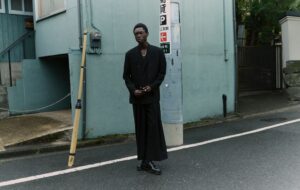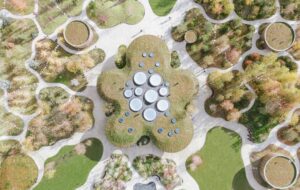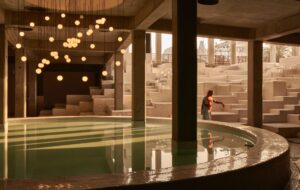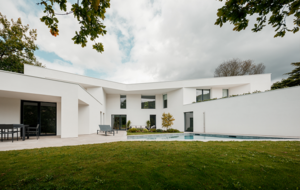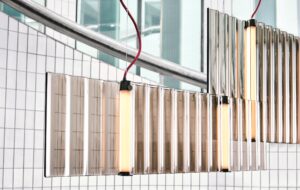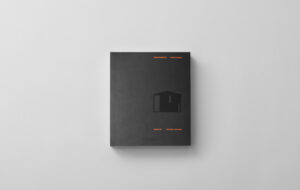With clean, simple, self-assembly designs by notable designers, and a focus on transparency, sustainability and ethical values, Copenhagen-based TAKT is remaking the way we buy furniture
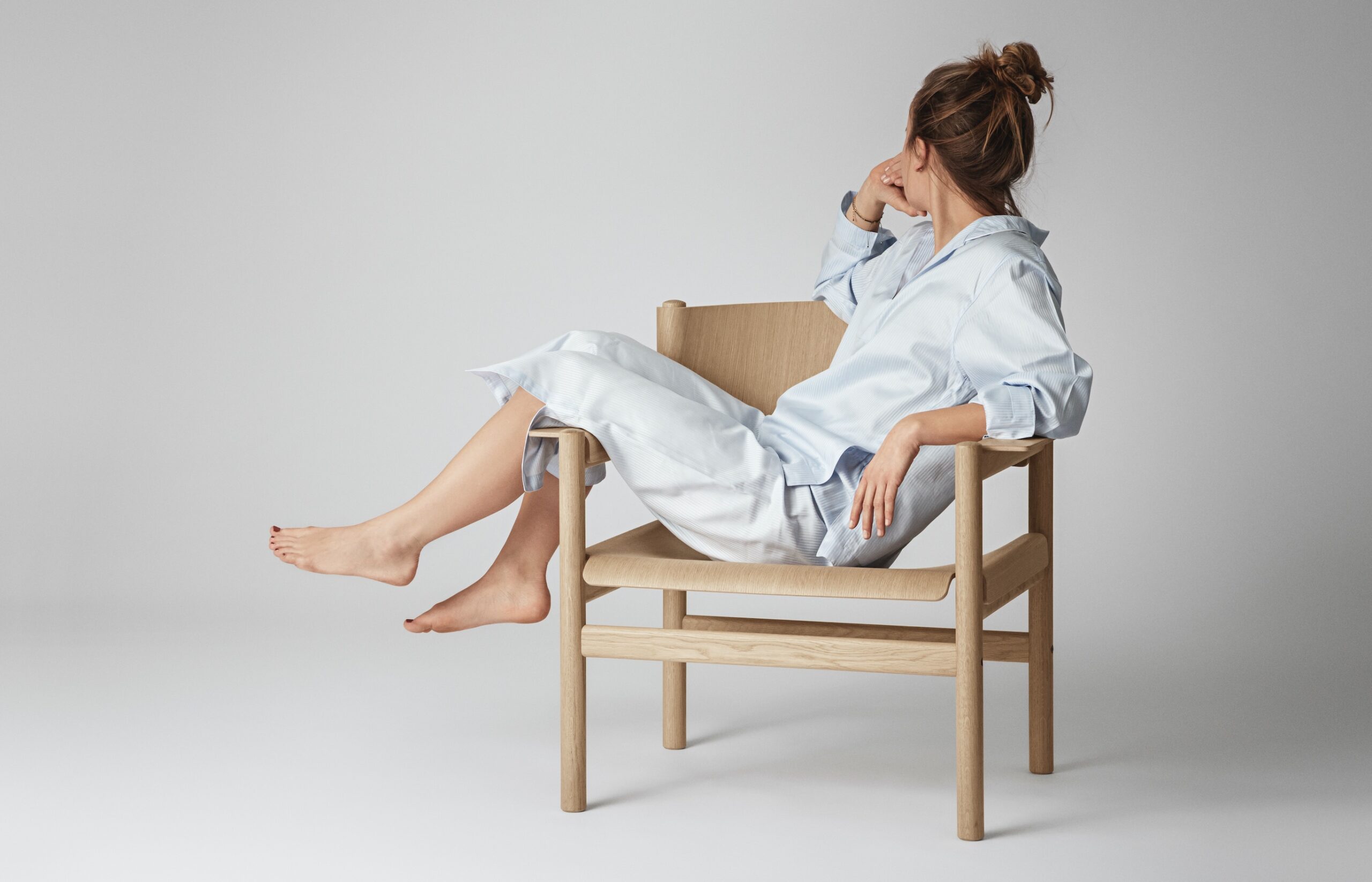 Photography courtesy of TAKT featuring the Soft Oak Lounge Chair
Photography courtesy of TAKT featuring the Soft Oak Lounge Chair
Words by Emma Crichton-Miller
Sitting in the Chiltern Firehouse with an automatic piano tinkling in the background, Henrik Taudorf Lorensen, CEO and founder of furniture company TAKT, is passionate about his latest venture: ‘We aren’t setting out with an intention to make classics – I don’t think you can do that – but I think people can see that these pieces are made with the ambition to make things better not just for the business but for the world.’
Certified B Corporation TAKT is the first business Lorensen has launched, after executive leadership roles at blue chip companies McKinsey, Lego, Bang & Olufsen and London-based music technology business ROLI. In partnership with design director Nicolai de Gier, an old friend and associate professor, head of the Furniture and Object programme at the Royal Danish Academy of Fine Arts, in 2018 Lorensen embarked on a radical rethink of Denmark’s perhaps most famous contribution to world culture: furniture design: ‘We wanted to bring a completely new way of thinking about how we consume stuff and how we furnish our living rooms.’
Impatient with the “greenwashing” prevalent throughout the design industry, the pair drew up a set of 10 new product design principles that would answer contemporary imperatives to achieve sustainability and circularity. As Lorensen says: ‘You can’t just take the old designs and refit. You have to start from new, from the ground up.’
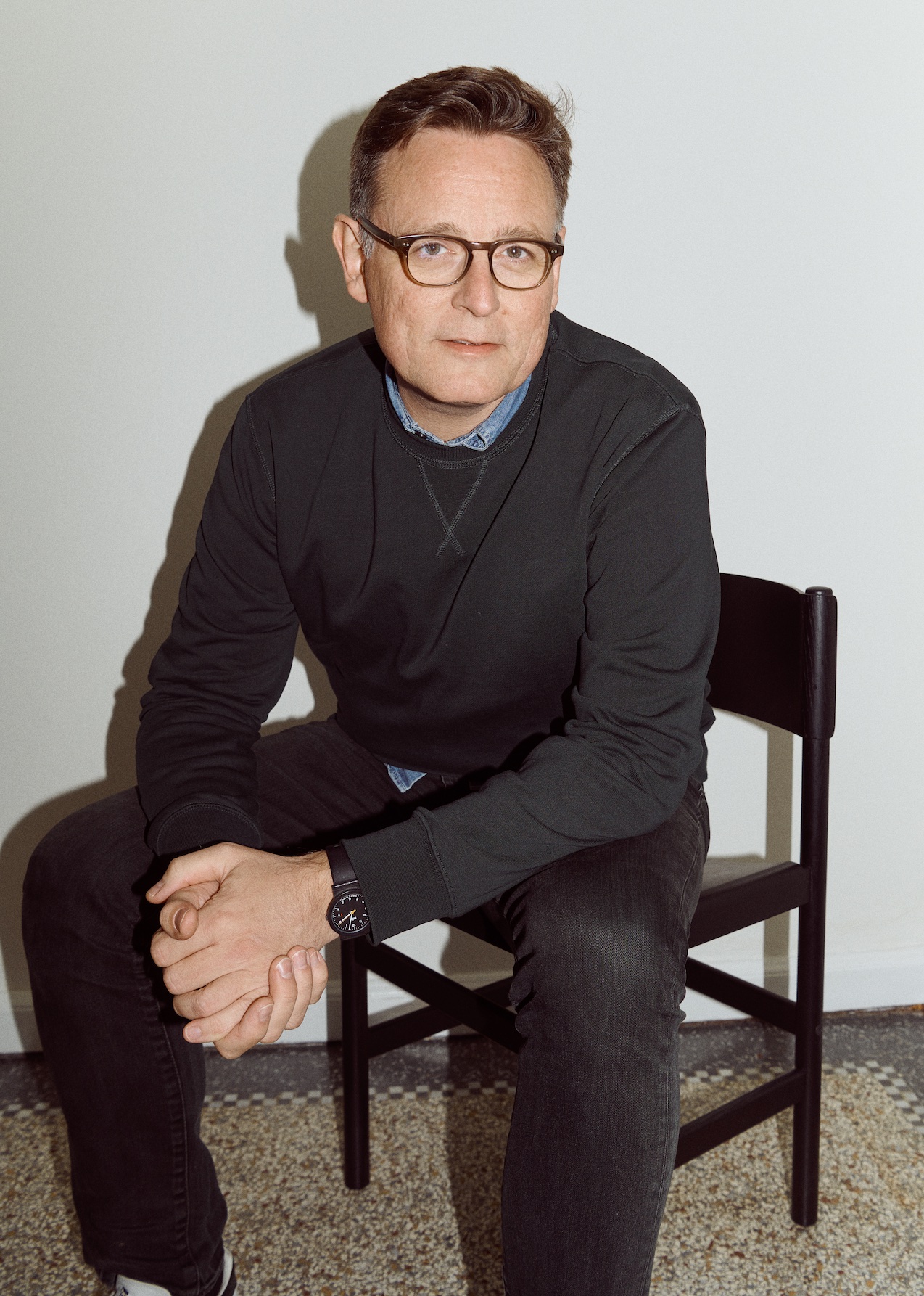 Photography by Benjamin Lund featuring Henrik Taudorf Lorensen
Photography by Benjamin Lund featuring Henrik Taudorf Lorensen
First off, all the materials used – from the FSC-certified solid timber, water-based lacquer and limitedly processed linen, wool and leather to the recycled polyester textiles and recyclable mono-material foam – have been 100% eco-certified. Secondly, all the designs are reduced to the smallest possible number of components for self-assembly by the customer, lowering transport costs, while the joinery has been meticulously thought through for ease of assembly as well as comfort and visual impact.
Self-assembly is more than a cost-saving trick. For Lorensen, it is a way to draw the customer into an emotional relationship with their new piece of furniture, so that they are less inclined to discard it later: ‘When you experience the product, you touch the oak and you feel the quality, and, as you click the elements together, you get that sense of the consideration that has gone into the piece.’
All the components will continue to be manufactured for separate purchase, so that repairs are easy and affordable, and there are plans to establish a platform for fuss-free trade of second-hand models. Indeed, in 20 years, Lorensen foresees that managing the repair, refurbishment and rehoming of older pieces will become a major part of the business.
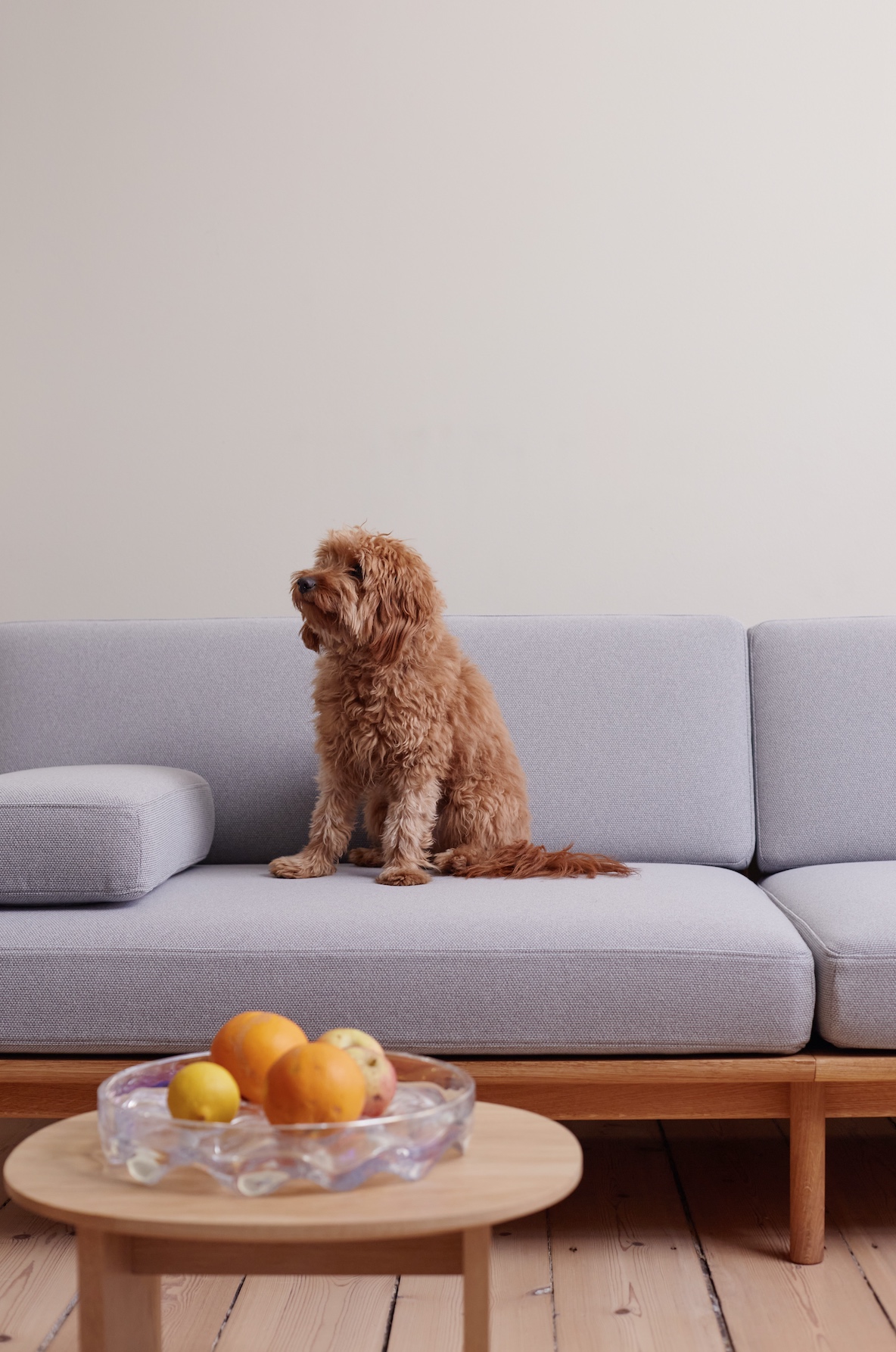 Photography courtesy of TAKT featuring the brand’s Spoke Sofa
Photography courtesy of TAKT featuring the brand’s Spoke Sofa
The designs themselves draw on the elegant simplicity of Danish mid-century furniture, with a contemporary twist, aimed at the 25- to 35-year-olds who are TAKT’s main customer base. The company has collaborated with designers whose values align with its own, including London-based Pearson Lloyd and Sam Hecht and Kim Colin, as well as Danish design company Thomas Bentzen and Oslo-based Anderssen & Voll. As Lorensen points out, Danish design comes already laden with the values of a post-war generation determined ‘to make a better world’.
These pieces are beautiful, but they are not cheap (the elegant Spoke Sofa is £1,819; the versatile Cross Chair is £289). For the business itself to be sustainable, they need to be manufactured and purchased in large numbers. Lorensen hopes, however, that potential customers will be won over not just by the pleasing aesthetics but by the furniture’s strong underlying ethical principles. The pricing is transparent, aiming to show how good value is achieved by balancing the need to source materials well and pay workers appropriately with savings brought by clever design and the reduction of overheads. These pieces are only available directly from the warehouse.
But as well as reducing the cost to the customer, TAKT aims above all to reduce costs to the planet: a pledge underwritten by its annual Climate Impact Report. Lorensen says: ‘I am being the optimist now – but in 20 years, we will maybe think: this is how we have to consume, and 2019 was when someone started to do something different.’
Get a curated collection of design and architecture news in your inbox by signing up to our ICON Weekly newsletter

